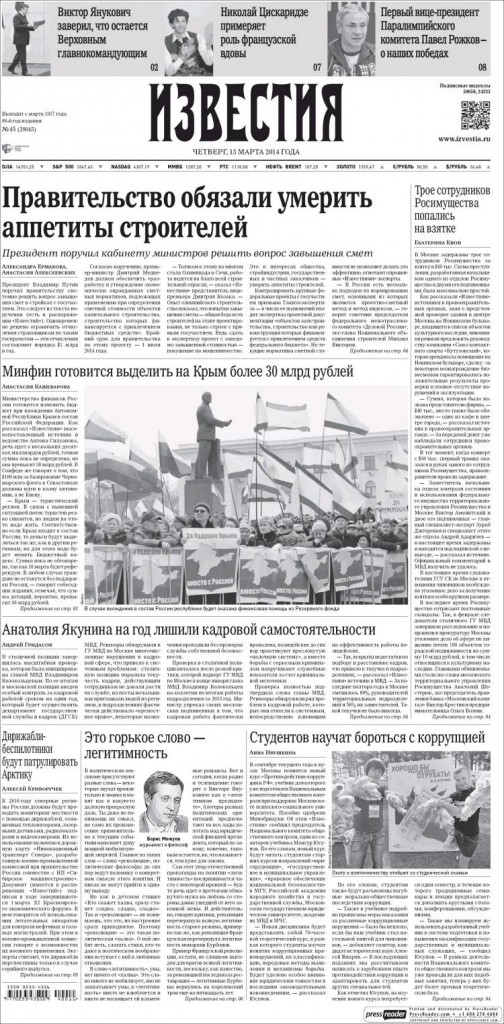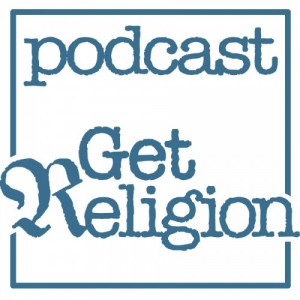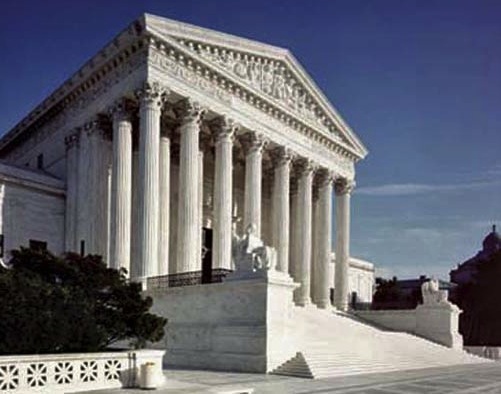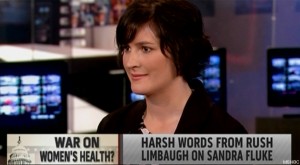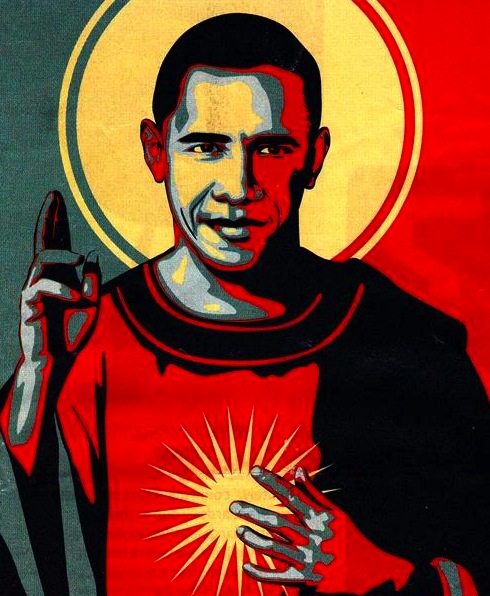Save for Mitt Romney, no one — in my opinion, at least — appears likely to benefit from the Anschluss in the Crimea. Not only has the annexation of the Crimea by Russia been a blow to the Ukraine, it has underscored the fecklessness of the EU and President Obama while also pointing to the structural weakness of Vladimir Putin’s Russia.
And it is really, really bad news for the Russian Orthodox Church.
Bet that line caught you by surprise. When the crisis in the Ukraine first arose, GetReligion chided western newspapers for omitting the religion angle to the conflict. The press eventually caught up to what most Ukrainians knew about the interplay of religion, politics and ethnicity, but only after pictures of Orthodox and Catholic clergy acting as human shields to halt clashes between police and protesters in the Maidan (Independence Square) in Kiev flashed round the world via the wire services.
And when monks from the Ukrainian Orthodox Church (Kiev Patriarchate) opened their cathedral near the Maidan to the wounded, turning the church into an unofficial headquarters for the anti-Moscow protestors, even the Western press took notice.
The religion angle of the unraveling of the Ukraine continues to be under reported in the West, but it is emerging in reports out of Eastern Europe. Last week Izvestia reported that the Ukrainian Orthodox Church (Kiev Patriarchate) would not turn over its parishes in the Crimea to the Russian Orthodox Church now that the Crimea is once more part of Russia.
But before we dive into this article let’s say a few words about Izvestia. In the bad old days (good old days), from 1917 to 1991 Izvestia (which means Reports in English) was the official newspaper of record of the Presidium — the Soviet Government. Its formal title was Reports of Soviets of Peoples’ Deputies of the USSR. Pravda was the official mouthpiece of the Communist Party.
Following the collapse of the Soviet Union Izvestia was privatized but then purchased by oligarchs close to the regime. While not an official government organ, it does represent the views and voices of Putin’s regime.
Reading Izvestia and Pravda in the olden days was an art form — part astrology part psychoanalysis. There was always some truth to be found and for those with an eye and ear for the nuances of the regime Izvestia was a pretty good guide to what the people at the top believed to be true or were debating amongst themselves. (Which is not the same thing as truth itself, but I digress).
The paper still performs this role to a lesser extent. I make no claims of expertise in the intricacies of palace politics in Putin’s Russia, keeping track of the Byzantine ways of the Anglican Communion is a full time job for me, and it may well be this piece in Izvestia is a straight news story. Or does it reveal a discussion taking place within the Kremlim?
Patheos will not let me use Cyrillic script on this page, preventing me from pulling the direct lines from the story. But in a nutshell, the article says Patriarch Philaret of the Ukrainian Orthodox Church (Kiev Patriarchate) will seek to register its dioceses in the Crimea with Moscow as religious entities separate from the Moscow Patriarchate. The Ukrainian Orthodox Church (Moscow Patriarchate) — the Ukrainian Orthodox Churches located in the Ukraine and under the ecclesiastical authority of Moscow — told Izvestia that they had not decided whether to move from the Ukrainian Orthodox Church (MP) to the Russian Orthodox Church.
(more…)

